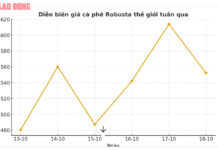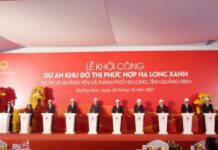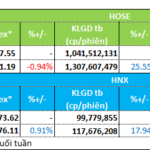Car Sales Still Slump
The Ministry of Finance has recently sought comments on a draft decree on registration fees for domestically produced and assembled cars, suggesting a 50% reduction. The reason cited is to stimulate consumption, provide financial support to citizens and businesses, and boost the recovery of the domestic car manufacturing and assembly industry.
The decree is expected to take effect from August 1, 2024, and last until January 31, 2025. If approved, this would be the fourth time such a reduction has been implemented, following three previous instances where car buyers enjoyed a 50% cut in registration fees: first, under Decree No. 70/2020, effective from June 28, 2020, to December 31, 2020; second, under Decree No. 103/2022, effective from December 1, 2021, to May 31, 2022; and third, under Decree No. 41/2023, effective from July 1, 2023, to December 31, 2023.
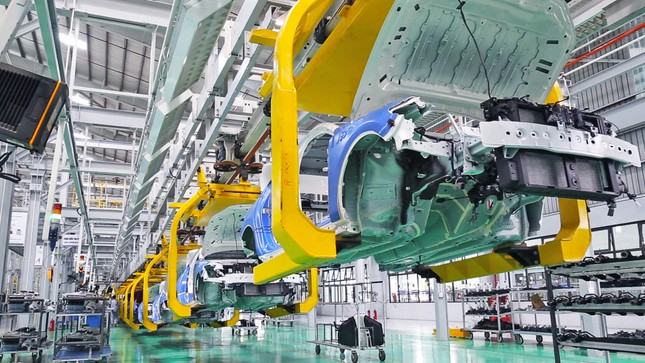
A 50% reduction in registration fees for domestically produced and assembled cars is proposed for the next six months, following similar previous initiatives.
This fourth proposal by the Ministry of Finance has sparked mixed reactions.
The Ministry argues that car manufacturers and assemblers continue to face challenges from both domestic and international factors. Inflationary pressures, exchange rates, and high gold prices have impacted consumer psychology, leading to a tendency to tighten spending on high-value items like cars. As a result, car market sales have significantly dropped in the first quarter of this year.
However, the third instance of reducing registration fees from July 1, 2023, to December 31, 2023, failed to revive the struggling car market.
For instance, despite benefiting from the 50% reduction in registration fees, in the fourth quarter of 2023, the Vietnam Engine and Agricultural Machinery Corporation (VEAM) recorded a 34% decrease in revenue compared to the same period last year, with a gross loss of nearly VND 126 billion due to an 83% increase in cost of goods sold. For the full year 2023, VEAM’s consolidated revenue reached over VND 3,842 billion (down 19%) and after-tax profit exceeded VND 6,297 billion (down 18% compared to 2022).
A similar situation occurred with the Ha Xanh Automobile Service Joint Stock Company (HAX), which achieved only 59% of its 2022 revenue in 2023 and 15% of its after-tax profit compared to the previous year.
Evidently, the 50% reduction in registration fees has not boosted sales for car manufacturers, assemblers, and dealers, nor has it stimulated domestic production. This outcome does not justify the sacrifice of state budget funds when numerous social welfare sectors urgently need financial support.
Limited Effectiveness
Speaking to Tien Phong newspaper, economic expert Dinh The Hien shared that, in the integration trend, countries tend to reduce or eliminate tariffs while increasing technical barriers or providing other support to protect their automotive industries. In 2016, the Prime Minister introduced a policy to shield domestically produced cars from the impact of decreasing import taxes.
Reducing registration fees by 50% is considered a supportive measure for domestically produced and assembled cars. However, effective support should come from internal strengths and localization in the automotive industry, as well as the development of the supporting industries.
Implementing a 50% reduction in fees during normal circumstances would be highly beneficial. However, in the current context, where non-essential consumer sectors like the automotive industry are still facing challenges, businesses and individuals must prioritize other expenses.
“While the 50% reduction in registration fees sends a positive signal to the car market, it may not yield the desired results due to ongoing economic difficulties,” said Hien.
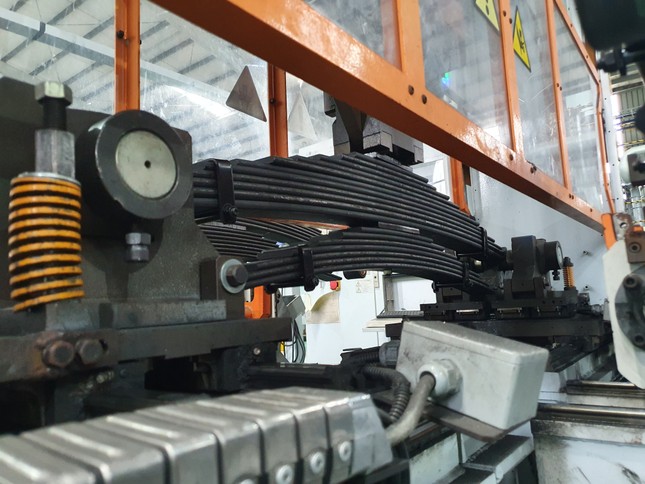
Effective support for the automotive industry should come from strengthening internal capacities, localizing production, and developing supporting industries.
Furthermore, in the draft decree, the Ministry of Finance expresses concerns about the potential impact on international commitments that Vietnam has agreed to.
Currently, tax, fee, and charge policies are applied uniformly to both domestically produced and imported goods. Reducing registration fees for domestically produced and assembled cars by 50% is considered to affect Vietnam’s commitment to the principle of national treatment within the World Trade Organization (WTO) and free trade agreements (FTAs).
According to the Ministry of Finance, during the three periods of implementing the policy of reducing registration fees for domestically produced and assembled cars from 2020 to 2023, exporting countries with interests in Vietnam’s car market have reflected on the unequal treatment between domestically produced and imported cars, which violates the basic principles of the WTO. These partners have repeatedly proposed meetings with the Ministry of Finance to discuss this issue. This policy was also mentioned by the WTO Secretariat during the second trade policy review of Vietnam in 2021.
Assessments by the Ministry of Foreign Affairs, the Ministry of Industry and Trade, and the Ministry of Planning and Investment concluded that no country has filed a lawsuit against Vietnam regarding the application of the policy of reducing registration fees for domestically produced and assembled cars. However, Vietnam has received multiple requests for clarification on the policy’s differentiation between domestically produced and assembled cars and imported cars from countries without domestic production and assembly activities in Vietnam.
Car Market During Lunar New Year: Abundant Supply, Decreased Demand
Entering into the beginning of February 2024, the Vietnam automobile market has witnessed contrasting fluctuations compared to the previous period. Firstly, we must mention the policy of reducing 50% of the registration fee for domestically assembled vehicles, which officially expired after December 31, 2023. To seize the opportunity provided by this policy, a large number of users took advantage of buying before the state’s incentives came to an end.



